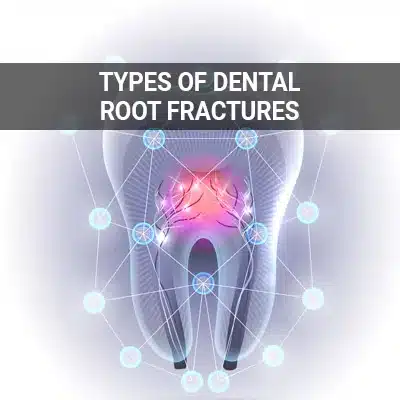
What is an Endodontist Glendale AZ
Endodontists are dentists that treat the core of the tooth. They are more knowledgeable about certain dental diseases than general dentists. Endodontists are indispensable for treating tooth pain, performing root canal treatments, and installing dental implants.
Endodontic care is available at Singh Smile Care - Dentist Glendale AZ and the surrounding area. Act quickly to save your teeth. Call us today at (623) 400-6009 to schedule an appointment or learn more about our services.

Who Can Become an Endodontist
Endodontists are dental specialists who focus on root canal treatment, diagnosing tooth pain, and other procedures involving the tooth’s interior. In addition to completing dental school, endodontists must undergo at least two years of specialist training. This knowledge allows them sometimes to preserve teeth that they would have otherwise lost.
Altogether, endodontists complete six to seven years of postgraduate schooling. Their specialist training focuses on diagnosing, treating, and preventing diseases of the dental pulp. This also makes them extraordinarily proficient in pain management and utilizing cutting-edge technologies in their practice.
In addition to completing dental school, endodontists must also undergo at least two years of specialist training
Endodontists vs. Dentists
Although all endodontists must finish dental school, not all dentists must train in endodontics. Thus, while all endodontists are dentists, very few dentists are endodontists. By focusing their expertise on the tooth’s interior, endodontists are typically more experienced in root canal treatments than dentists.
The average endodontist performs 25 root canal treatments per week — a far cry from the average dentist’s two. Furthermore, since endodontists dedicate themselves to diagnosing and treating tooth pain, they also tend to be more skilled in treating difficult-to-diagnose oral and facial pain issues.
Thus, while all endodontists are dentists, very few dentists are endodontists.
What Endodontists Do
"Endo" is Greek for "inside," while "odont" is Greek for "tooth." As such, endodontic treatments are any treatments that involve the inside of the tooth. The interior of the tooth is also known as the tooth’s pulp. Accordingly, endodontists are specialists in saving teeth. Some standard endodontic services involve root canal treatment and endodontic retreatment.
Root canal treatment is a relatively simple procedure that relieves dental pain and saves the tooth. This treatment is necessary to remove any inflammation or infection in the pulp. If this first procedure fails or the tooth becomes reinfected, then endodontic retreatment is possible. During this process, the endodontist must reopen the tooth to clean and fill the canals with a temporary filling.
… endodontic treatments are any treatments that involve the inside of the tooth (also known as the tooth’s pulp).
Severe Endodontic Treatments
Endodontists can also help with more severe issues, such as surgery and dental implant placement. These procedures are often necessary after an initial root canal treatment. Root canal treatments are also not always suitable for every patient. Endodontic surgery and dental implant placement can preserve a tooth for a lifetime.
Occasionally, patients may have small fractures or hidden canals that go undetected by X-rays during an initial root canal treatment. Endodontic surgery can locate these fractures or canals, remove any calcium deposits, and treat any damaged surfaces. If all these measures are inadequate, tooth extraction may be necessary. In such cases, dental implants are the premier tooth replacement option, as they look and function like natural teeth.
Endodontic surgery and dental implant placement can preserve a tooth for a lifetime.
Questions Answered on This Page
Q. What are the qualifications to become an endodontist?
Q. What is the difference between endodontists and dentists?
Q. What are some standard endodontic services?
People Also Ask
Q. Is increased sensitivity to temperature a sign that endodontic surgery is necessary?
When to See an Endodontist
Many patients make the mistake of fearing the endodontist. In reality, it is critical to address tooth pain as soon as possible. Early intervention maximizes the chances of saving one’s tooth. In many cases, an endodontist can resolve a patient’s tooth pain in one appointment.
Individuals should seek out medical attention if they are experiencing tooth pain or have any temperature sensitivity. More severe cases may include incidents that have led to facial trauma or swelling around the face, gums, or teeth. Patients may worsen their situation by delaying treatment.
Early intervention maximizes the chances of saving one’s tooth.










